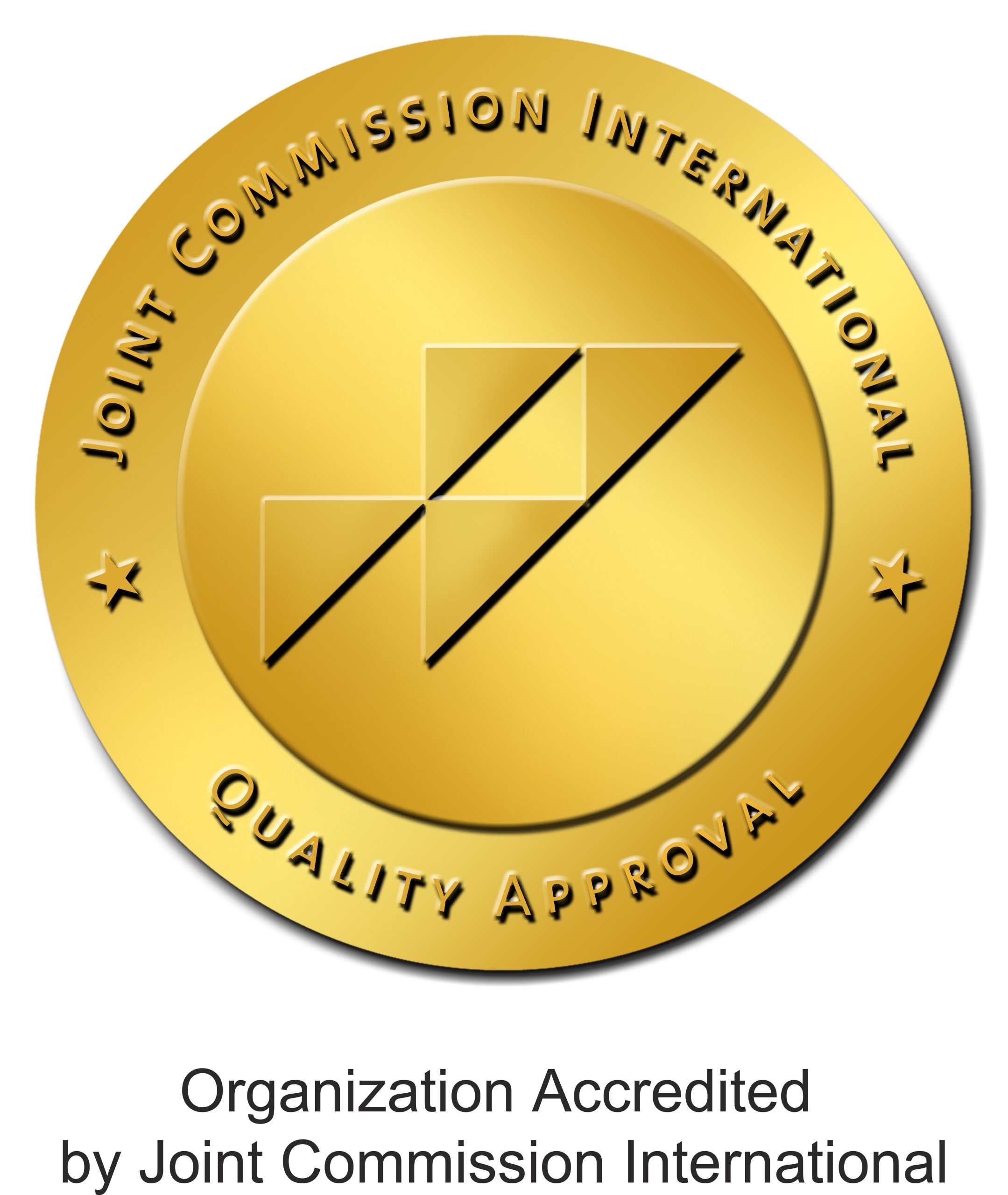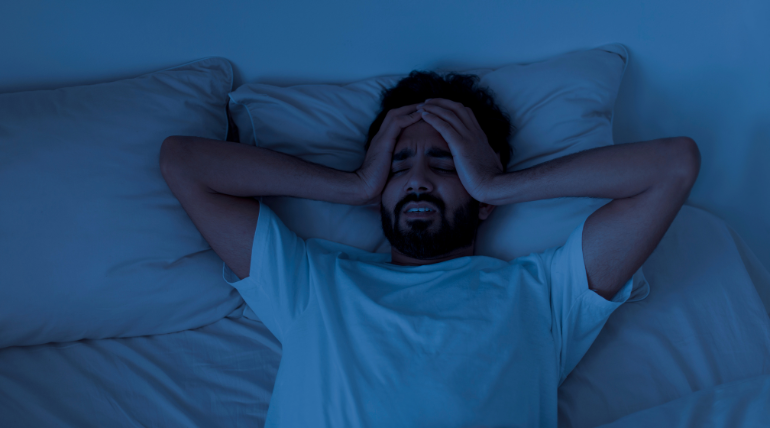Sleep disorders are increasingly prevalent in the UAE, affecting people across all age groups. The fast-paced lifestyle, long working hours, and high exposure to digital screens contribute significantly to sleep disturbances. The impact of poor sleep goes beyond fatigue—it affects mental health, productivity, and overall well-being. In this blog, we will explore the causes of sleep disorders, their effects, and the best treatment options available in Dubai, Abu Dhabi, and beyond.
Common Causes of Sleep Disorders in the UAE
The UAE’s unique environment plays a crucial role in the rising cases of sleep-related issues. Some of the primary causes include:
- Stress and Anxiety
Many residents of the UAE experience high levels of work-related stress, whether due to demanding corporate jobs in Dubai or fast-growing businesses in Abu Dhabi. Chronic stress and anxiety can lead to insomnia and other sleep disorders, requiring professional intervention from psychiatrists in Abu Dhabi or clinical psychologists in Dubai.
- Screen Exposure and Digital Lifestyle
With social media, online businesses, and remote work becoming dominant, people are spending excessive time on screens. The blue light from screens suppresses melatonin production, making it harder to fall asleep. Those suffering from insomnia in Dubai often require professional guidance on digital detox strategies.
- Climate and Lifestyle Factors
The extreme heat, particularly in the summer, disrupts the body’s circadian rhythm. People who stay indoors during the day and spend more time awake at night may develop delayed sleep phase disorder. Moreover, Ramadan fasting patterns and night-time social gatherings can alter sleep schedules.
- Neurological and Psychiatric Conditions
Sleep disorders are often linked to psychiatric conditions like depression, anxiety, and bipolar disorder. Many people seeking depression treatment in Dubai also report chronic sleep issues. Additionally, neurologists in Abu Dhabi and neurology clinics in Dubai treat sleep disturbances caused by conditions such as multiple sclerosis and migraines.
- Caffeine and Stimulant Consumption
The UAE’s vibrant coffee culture, with late-night cafés and strong Arabic coffee traditions, contributes to caffeine-induced insomnia. Many people consuming coffee or energy drinks late in the evening experience difficulty falling asleep.
- Medical and Sleep Apnea Issues
Sleep apnea, a condition where breathing stops temporarily during sleep, is common in overweight individuals and those with respiratory problems. It is frequently diagnosed in neurology clinics in Abu Dhabi and treated by sleep disorder specialists in Dubai.
Effects of Sleep Disorders on Mental and Physical Health
Lack of quality sleep can lead to severe consequences, including:
- Increased Anxiety and Depression – Many patients seeking anxiety treatment in Dubai report sleep disturbances as a major symptom.
- Memory and Concentration Issues – Poor sleep impacts focus and productivity, affecting work performance in industries like finance, tourism, and healthcare.
- Increased Risk of Neurological Disorders – Research shows that prolonged sleep deprivation is linked to neuropsychiatric disorders such as Alzheimer’s and Parkinson’s disease.
- Weakened Immune System – Those suffering from chronic insomnia in Abu Dhabi are more prone to frequent illnesses and slow recovery.
Solutions: How to Treat Sleep Disorders in the UAE
- Seek Professional Help
- If stress or mental health conditions are causing sleep issues, visiting a psychiatrist in Dubai or psychologist in Abu Dhabi can help manage symptoms.
- Cognitive Behavioral Therapy for Insomnia (CBT-I) is an effective treatment offered at mental health clinics in Dubai and psychology centers in Abu Dhabi.
- Medication and Medical Treatments
-
- For severe insomnia, psychiatric clinics in Dubai prescribe short-term sleep aids.
- Patients with sleep apnea may require CPAP therapy, which can be arranged through neurology clinics in Abu Dhabi.
- Sleep Hygiene and Lifestyle Changes
-
- Reduce screen exposure at least an hour before bed.
- Maintain a consistent sleep schedule, even during Ramadan.
- Engage in stress management services such as yoga or meditation.
- Dietary Adjustments
-
- Limit caffeine and sugar intake in the evening.
- Include magnesium-rich foods to promote relaxation.
- Use of Sleep Technology
-
- Wearable sleep trackers and apps help monitor sleep patterns.
Conclusion
Sleep disorders are a growing concern in the UAE, affecting mental health, productivity, and overall well-being. Whether caused by stress, lifestyle, neurological conditions, or psychiatric disorders, sleep disturbances require professional attention. Seeking help from the best psychiatrist in Abu Dhabi or consulting a sleep specialist in Dubai can lead to effective treatment solutions.
If you or a loved one is struggling with sleep disorders, reach out to a mental health clinic in Dubai or neurology clinic in Abu Dhabi for expert guidance. Prioritizing sleep is key to maintaining both physical and mental wellness in the UAE’s dynamic environment.



